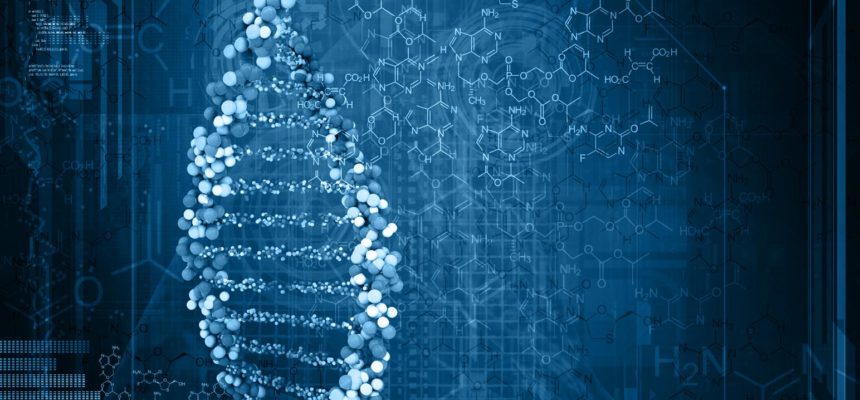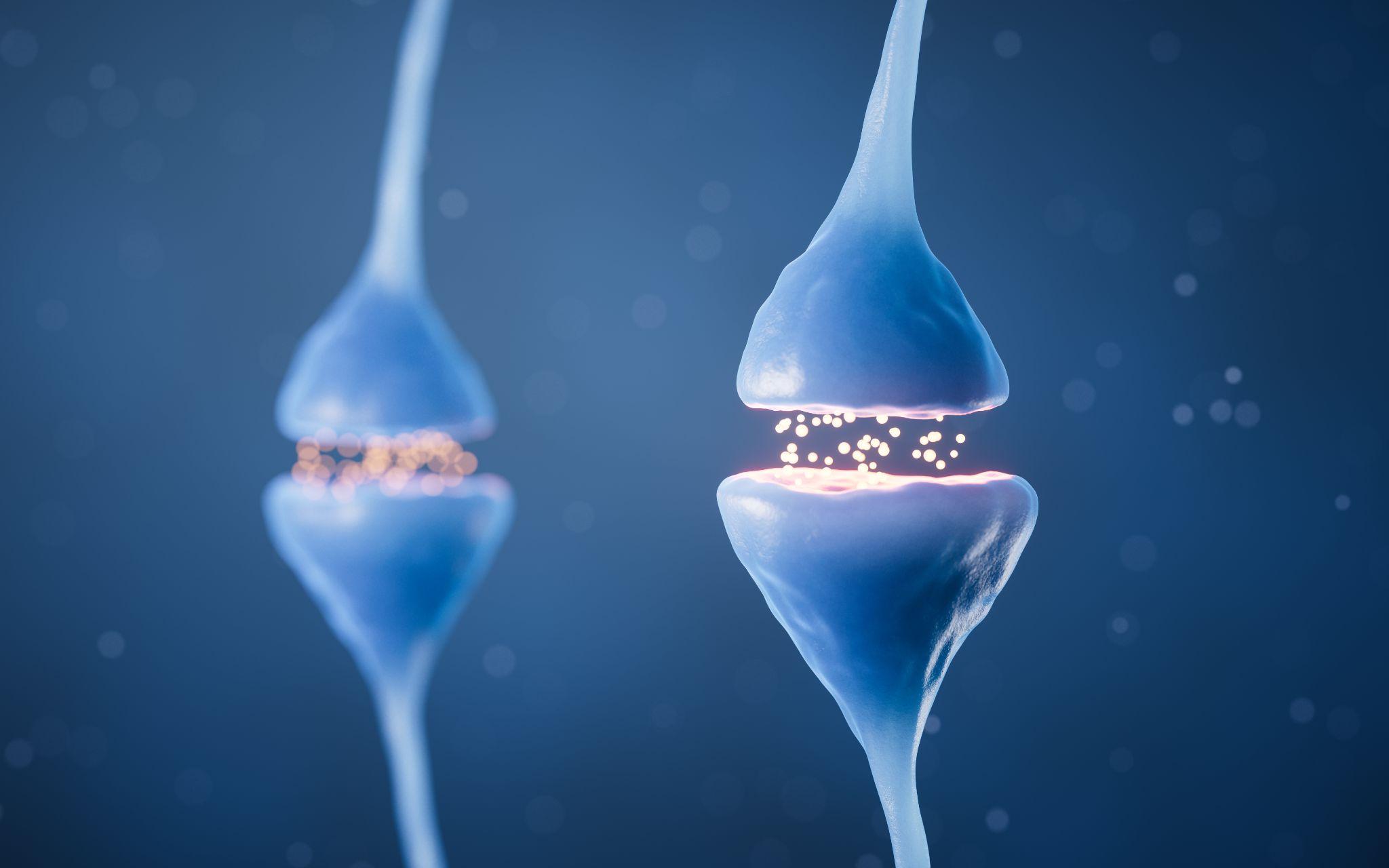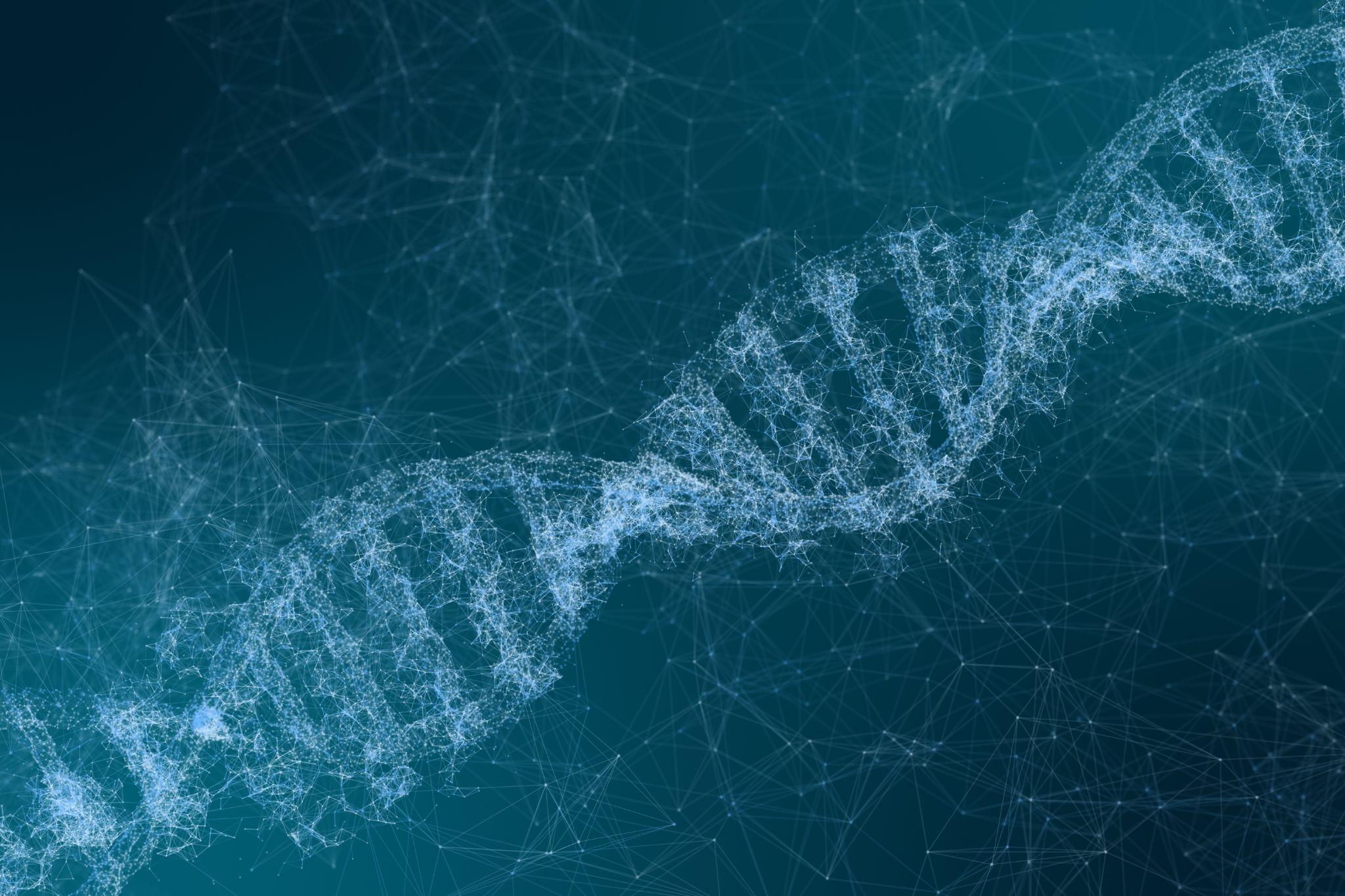
Is Addiction Genetic?
Environmental factors, such as availability of alcohol or illicit drugs, are not the only contributors to addiction. An individual who struggles with addiction may have a genetic predisposition. In studies, compulsive behavior and lack of control, as well as chronic relapses, were analyzed in regard to the genetic relationships among individuals. Genetic predisposition is one of the most intensely studied of drug abuse statistics and facts.Studies have identified genetics as one of the causes of drug addiction.
Genes impact dyscontrol, reward seeking, stress and resiliency, and treatment response. The involvement of specific genes in addiction will affect, for example, alcohol recovery and drug treatment. Physicians can use information from genetic testing to find a treatment more likely to be effective over the long run. So, is drug addiction genetic? Let’s look at the facts:
Insights from Research: The Genetic Underpinnings of Addiction

A landmark study published in the Clinical Pharmacology & Therapeutics journal in 2009 delved into the genetic connections among adult twins, examining their experiences with alcohol, drugs, and various substances. These studies have unequivocally identified genetics as a pivotal cause of drug addiction, influencing aspects such as dyscontrol, reward seeking, stress resilience, and treatment responses.
This knowledge is invaluable for medical professionals, enabling them to tailor treatment plans that are more likely to succeed in the long term based on an individual’s genetic makeup.
Genetic Mechanisms for Addiction
At a genetic level, addiction is an evolutionary advantage. Think of an animal associating a particular food with pleasure. It will then know to look for it in its environment. Drug and alcohol abuse exploits this mechanism. Substances can rewire the brain, so one does not have to have a genetic predisposition to develop an addiction. However, a family history increases the likelihood of siblings and offspring engaging in substance abuse.
Genetics account for 50% of the risk for dependence, according to the National Council on Alcoholism and Drug Dependence, Inc. Several genetic components have been identified and are considered to be directly or indirectly related to other causes of drug addiction.
The Role of Dopamine Receptors

The presence of D2 (dopamine) receptors, crucial for controlling reward and pleasure, has been linked to addiction risk. Brain imaging studies cited by the American Psychological Association show that individuals with fewer D2 receptors are more susceptible to drug abuse. The quantity of these receptors is genetically determined, emphasizing the genetic component in addiction vulnerability.
Those with more receptors were less likely to face addiction. The connection—the number of receptors a person has—is genetically determined; if a person repeatedly uses a drug, a higher concentration of receptors makes him or her more vulnerable to becoming addicted.
Moreover, the adaptive nature of the brain’s dopamine system in response to substance exposure further complicates the addiction landscape. Long-term drug use can lead to changes in the brain’s chemistry and function, particularly in how dopamine receptors respond to stimuli.
These adaptations can diminish the natural capacity for pleasure and increase the threshold for reward, pushing individuals deeper into the cycle of addiction. Recognizing this dynamic interaction between genetics, brain chemistry, and drug use is crucial for developing personalized and effective addiction treatment strategies that can address both the biological and behavioral aspects of substance abuse.
Comorbid Factors
Addiction is a disease, and it is partly genetic and partly due to poor coping skills and choices. Heart disease, diabetes, and many types of cancer are attributed to this mix as well. However, other factors include mental illness. Depression, bipolar disorder, and even post-traumatic stress disorder are often seen in people who abuse drugs.
Known as comorbidity, the presence of two conditions may or may not have a causal relationship. However, many individuals with mental illness self-manage an issue with addictive substances and may delay seeking help for alcohol addiction.
The complex interaction of gene activity and environmental exposure, studied in the field of epigenetics, is at play with drug addiction. Nowadays, technology allows for a genetic analysis of diseases, so physicians can look at a person’s predisposition to abuse drugs or alcohol when they go through drug detox or seek drug and alcohol addiction treatment. It is always important to consult primary research sources and professional medical advice for more detailed information.
Epigenetics: The Interaction Between Genes and Environment

The field of epigenetics offers insights into how environmental exposures can influence gene activity related to addiction. Modern technology facilitates genetic analysis, allowing physicians to assess an individual’s predisposition to substance abuse, thereby informing more effective treatment strategies for those undergoing detox or addiction treatment.
This dynamic interplay underscores the importance of a holistic approach to addiction recovery, integrating both genetic understanding and environmental modifications to support long-term sobriety.
Treatment from Yellowstone Recovery

Our compassionate team offers a range of personalized treatment plans for substance use disorders, including detox, counseling, and aftercare support, designed to address the unique needs of each individual. By embracing a comprehensive approach that combines medical, psychological, and holistic strategies, we empower our clients to achieve lasting recovery and rebuild their lives.
Regardless of the cause, get on the path to sobriety with Yellowstone Recovery in Costa Mesa, California and call (888) 418-4188 to learn more about our programs.
Sources:








